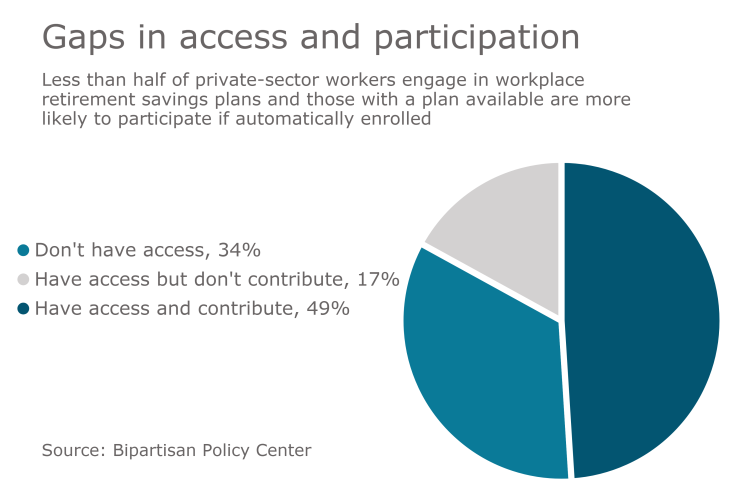Thinking about retirement can conjure feelings of financial anxiety and even despair, but a new study suggests those fears may be overblown.
More than two-thirds of retirees say they live as well or better in retirement than when they were working, according to a study by T. Rowe Price, a global investment management organization. The study found that the longer someone is retired, the more confident they feel about covering their cost of living.
By comparison, just 39% of current workers believe they will live as well or better in retirement.
“It’s interesting to see the significant contrast between the perception of living in retirement versus actually living in retirement,” says Sudipto Banerjee, senior manager of thought leadership at T. Rowe Price. “Retirement is like any other unknown; the perception of it changes with actual experience.”

Other research has repeatedly found that workers aren’t saving enough for retirement. For instance, though the vast majority of Americans work for an employer that provides a retirement plan, research from the U.S. Census Bureau suggests that only 41% of those employees contribute to their retirement plans.
See also:
But T. Rowe Price found that 84% of the more than 1,000 retirees surveyed say that their retirement has turned out to be just as good as or better than expected, and 80% say they are enjoying retirement more than their primary working years. T. Rowe Price also surveyed 3,000 working adults to get a sense of retirees’ and current workers’ financial status.
Retirees are better at sticking to a monthly budget than those in the workforce, the survey found. A little over half of retirees (52%) say they don’t go over their budgets, compared to 26% of workers. Retirees also are more likely to pay off credit card balances (72%), compared to 39% of current workers.
Still, retirees’ top spending concerns during retirement all relate to healthcare: 72% of retirees cite long-term assisted care, such as a nursing home, as their No. 1 financial concern, followed by paying health insurance premiums (64%) and out-of-pocket expenses (64%).
Despite these concerns, 77% of retirees say they’ve saved enough to cover the cost.
Interestingly, 71% of recent retirees report having enough money for healthcare, compared to 81% of respondents who have been retired for 11 years or more. Current workers are less optimistic, with 46% saying they believe they will have enough for healthcare.
“The initial anxieties and concerns many people have leading into retirement fade as they move through retirement,” Banerjee says. “They learn to adjust and finally get comfortable with their new lifestyle.”





